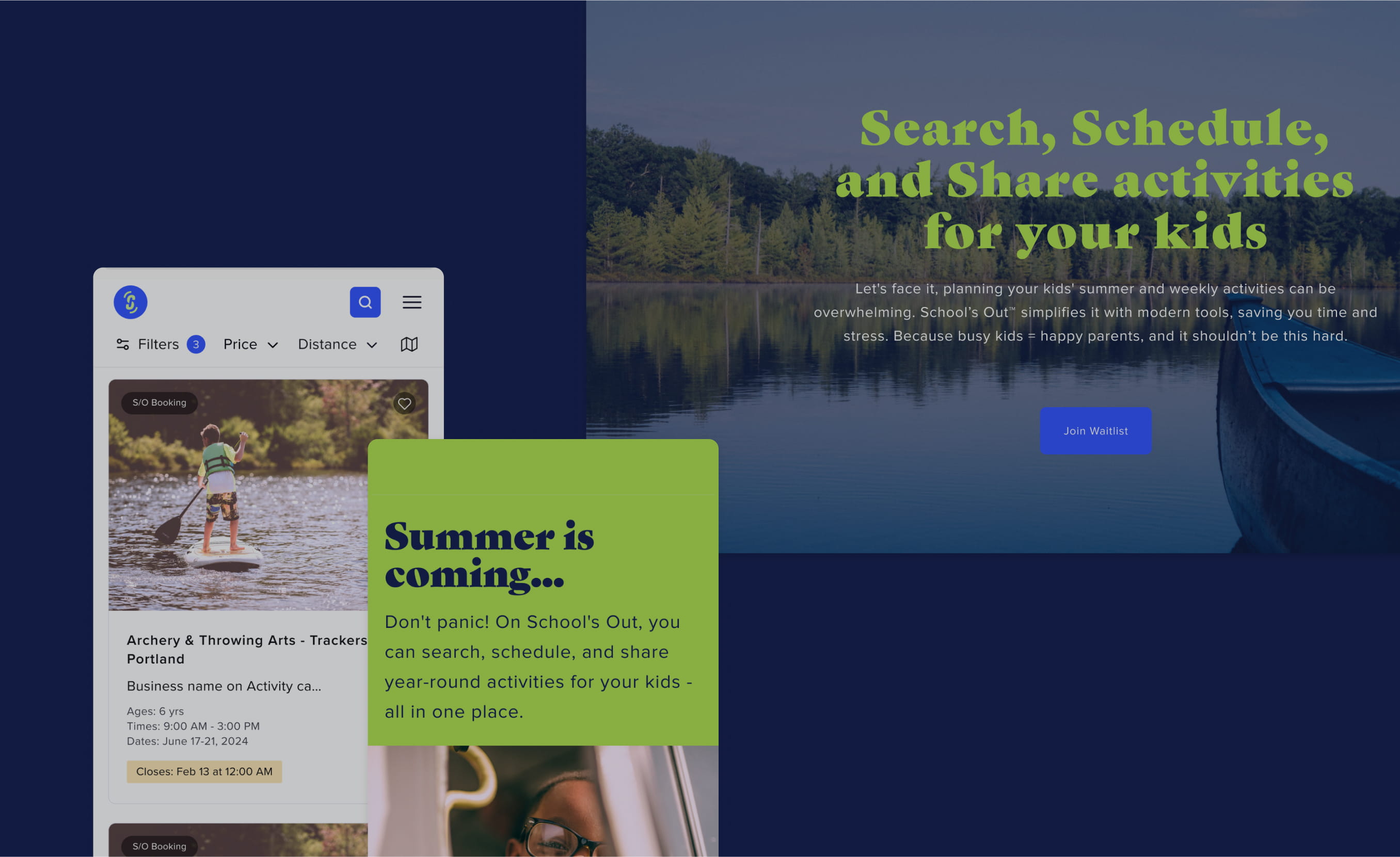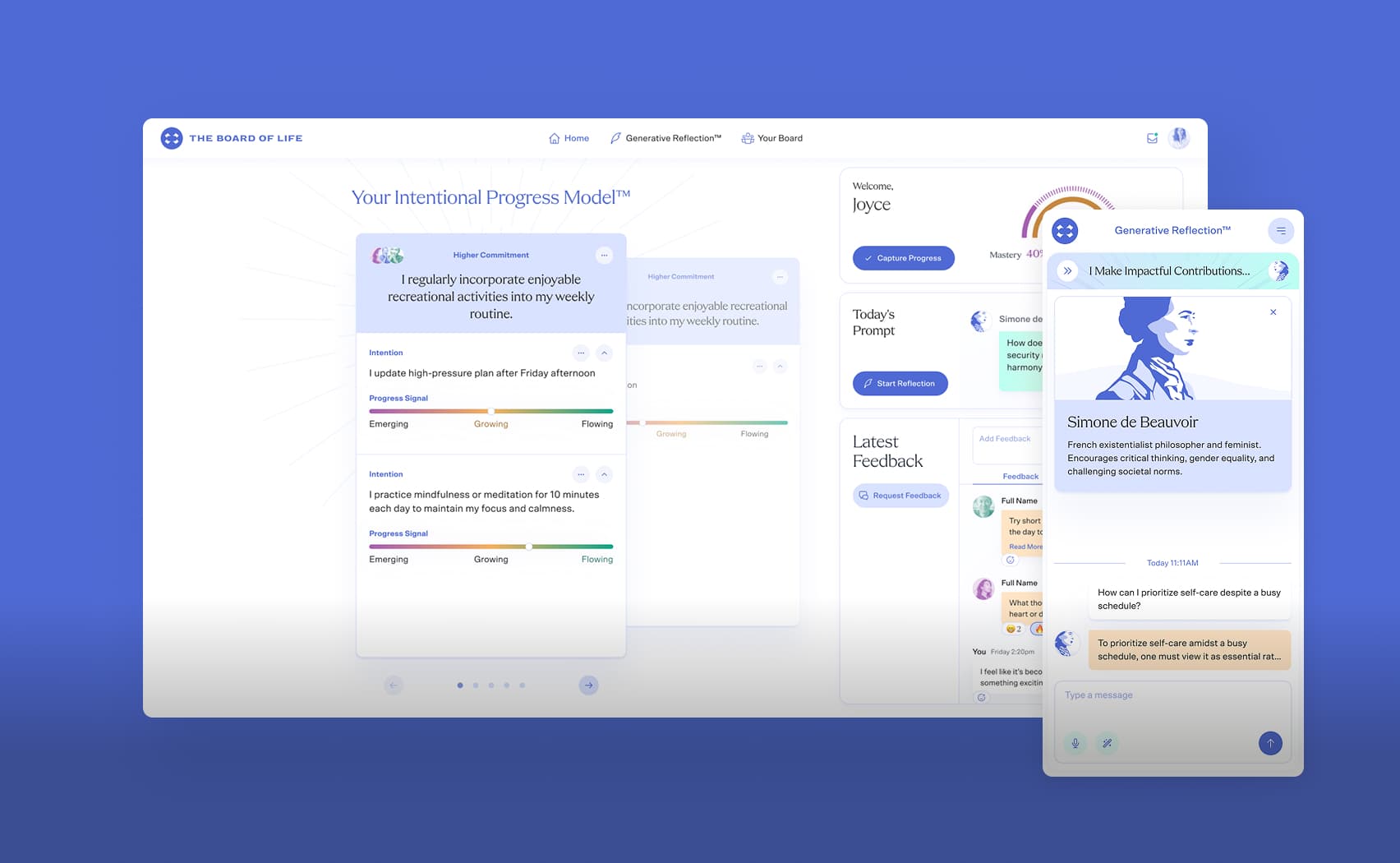Non-tech Founders Face These Problems. Here’s How To Solve Them
Many of our clients don’t have a technical background. But that doesn’t stop them from founding tech startups and building amazing products.
The truth is, being a computer wizard is not a prerequisite at all for working in tech. Non-technical founders can get the technical skills they need by hiring the right people. And the expertise that they do have- such as social skills or industry-specific knowledge- may far outweigh the need for programming abilities.
But if you don’t have a tech background, you do potentially face some challenges that other founders don’t have. Watch out for these issues:
- Finding a Tech Co-founder
- Hiring Employees
- Unrealistic Deadlines and Costs
- Balancing Business and Product
- Lack of Subject Matter Expertise
Finding a Tech Co-founder
No matter how much experience its founder has, a startup usually begins with a technical co-founder or CTO as well. This is because there is so much work to do- nobody can handle all the programming and design and take care of the marketing, sales, and fundraising.
That makes it even more important that founders without technical experience seek out a good technical co-founder from day one. Ideally, their skillset should exactly complement yours.
The good news is, it is not always necessary to find and commit to the perfect person right away. One alternative is to use a fractional CTO service. In this situation, an experienced CTO- who has already launched several products- lends their expertise for the early stages of developing your dream.
As the startup grows, founders often seek out a more appropriate CTO based on how your needs and goals have solidified.
Hiring Employees
When your company consists of a handful of employees, every person counts. Their actions-or lack thereof- can really make or break your long-term success.
That’s why hiring a new employee is often one of the most consequential actions that founders make early on in building their startup.
Unfortunately, hiring is as much art as science. There is no way to predict the complex non-linear dynamics of adding a whole human being to your team with total accuracy.
A good heuristic is to reflect on and define your core values as a company, and then determine which candidates reflect those values the most.
For example, our values include Results, Transparency, Efficiency, Collaboration, and Continuous Improvement. We look for candidates who are aligned with us to do good work in the future.
Unrealistic Deadlines and Costs
Software projects are famous for going over timeline and budget. It can be hard to get a sense of how true this is without having a technical background yourself.
If you have a good CTO, however, they can help you make realistic assessments of where the project is and where it’s going.
Balancing Business and Product
One of the top reasons for startup failure is not a broken product. It’s having no market for your product! About 35% of startup failures stem from lack of product-market fit.
Founders have to balance product development with core business factors like marketing, sales, cashflow, and even accounting and payroll. In reality, that should be the main focus of their work.
Before your startup sets out to make a product in full, it is highly, highly recommended that you have done ample research to make sure that your product will fit the market. At the very least, you will probably have tested with some sort of prototype or MVP.
Lack of Subject Matter Expertise
In many cases, technical knowledge isn’t the most important factor in building a startup. Knowing the field that you are selling in is often at least as important.
For example, suppose you were building a suite of legal software to help lawyers manage information for their client cases.
Having a legal background would be extremely useful. It would help you know and understand the kinds of problems that lawyers have, and how to best solve them.
Having a technical background, on the other hand, may be less important, so long as your CTO can handle the technical side of things.
This sort of subject matter expertise is called product-founder fit, and is often compared to product-market fit.
Lacking product-founder fit can be a major problem. The solution is the same as the advice that many novelists give: work on what you know.
Building Your Vision With JetRockets
Our development team works with many founders every year throughout the entire product development lifecycle: from ideation, to validation, to development, and post-development support.
We firmly believe that anyone with a vision can make it happen. Non-tech founders may face more struggles than those with a solid tech background, but just as often they have valuable subject matter expertise that more than makes up for it.
Do you have an idea for a new mobile app, web app, or web page? We’d love to talk!



